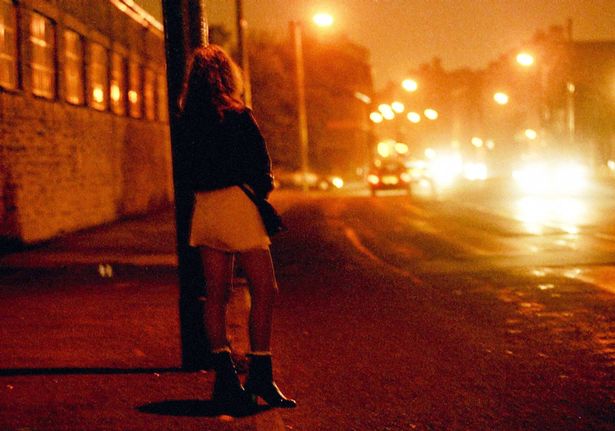Families Suffer Because of Inaction of MPs on Street Prostitution
 Media Release 2 June 2017
Media Release 2 June 2017
Family First NZ says that Christchurch families will continue to suffer the fallout from street prostitution primarily because politicians are living in ‘la-la land’ when it comes to the concerns of families regarding the ongoing harms of street prostitution and residential brothels.
“Apart from NZ First, all the other politicians voted down proposed legislation in 2015 to ban street prostitution. In doing so, they demonstrated a lack of moral conviction and instead threw the flawed existing law back at local councils who are already struggling with tackling the problem,” says Bob McCoskrie, National Director of Family First NZ.
“Until a brothel is running next door to one of these politicians or they have to deal with the fall-out from street prostitution affecting their local community and family shopping area, they will remain blissfully ignorant.”
“The ongoing problems of the decriminalisation of prostitution have been highlighted by retailers and families in Manurewa, Papatoetoe, Christchurch and many residential areas being affected by the activities of prostitution, including half-naked prostitutes, used condoms, propositioning of family members, intimidation, noise and nuisance, and a general reduced sense of safety. The fallout from the decriminalisation of prostitution has affected both residential areas and family shopping areas and the local councils have been powerless to act,” says Mr McCoskrie.
“The sad reality is that the prostitution industry is harmful and dangerous despite attempts by the Prostitutes Collective and the media to paint it as otherwise, and more and more vulnerable people are becoming victims because of the flawed decriminalisation of prostitution. The murder of Christchurch 22-year-old Renee Duckmanton last year is just one example of the tragic consequences of a high-risk and harmful industry.”
“Decriminalisation has failed to achieve its stated objectives of improving the safety, health and welfare or the conditions of the workers. What it has achieved is greatly improving the conditions for pimps and brothel owners,” says Mr McCoskrie.
“In 2014, the police said sex workers in Christchurch are experiencing violence or abuse on at least a monthly basis, and that they were concerned by the “fairly common” victimisation of Christchurch’s prostitutes, much of which went unreported. That doesn’t sound like a safe working environment.”
The government report on prostitution after decriminalisation found that street workers experience 2 to 3 times more violence than other workers, and actual serious violence (rape, holding against will, and physical violence) are reported less than 20% of the time.
“What other business or sector of society in New Zealand would tolerate this – and yet the sex industry is sold as a success story. Where is the Occupational Safety and Health? No other work employment sector has a risk factor where rape is considered an inherent part of the work, and why would we want a family member to be in a type of work where there is a 35% chance of being sexually molested i.e forced to accept sex from a man they did not want to,” says Mr McCoskrie.
““And for Christchurch families to have to deal with this problem while dealing with the trauma of recent events is completely unacceptable. The political parties who rejected the recent attempts to ban street prostitution need to explain to these Christchurch families why their safety and wellbeing aren’t that important.”
“The politicians are simply burying their head in the sand – and meanwhile, families trying to get on with their lives are having to put their houses on the market and shift to the back of their houses to keep safe.”
ENDS






